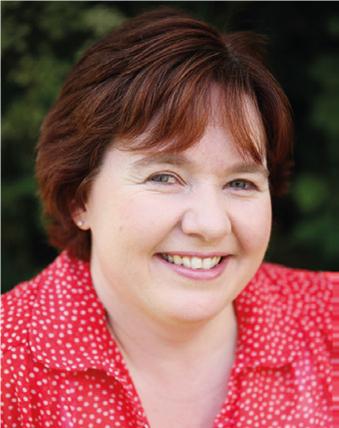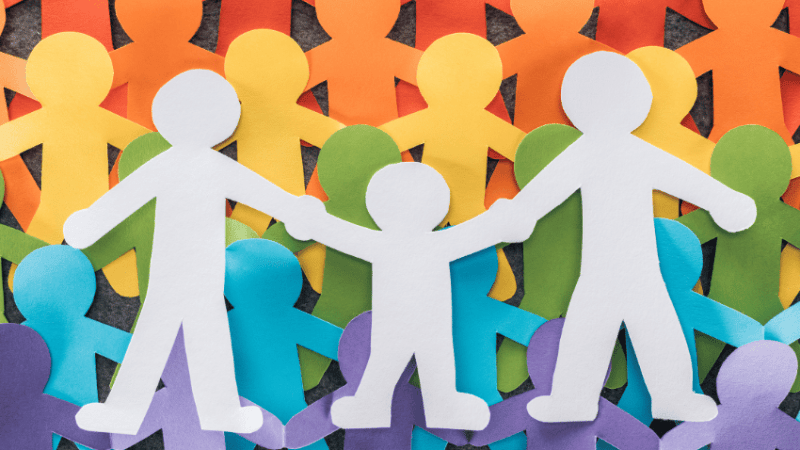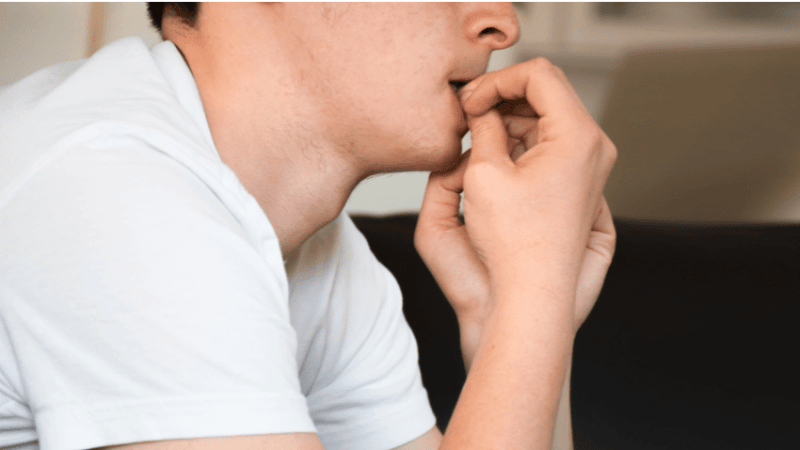We Must Change How We Support Pupils With A History Of Trauma
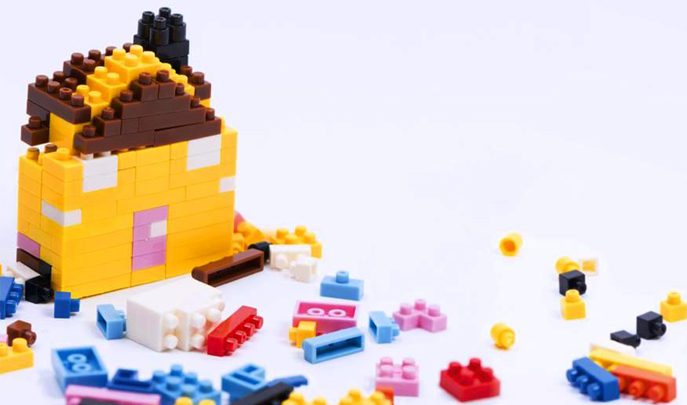
If we’re to properly support children from traumatic backgrounds when they’re in school, we need to see a major change in our learning culture, argues Nicola Marshall…
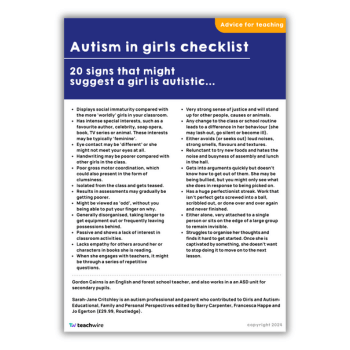
Light years ago, our lives changed drastically when my husband and I adopted a sibling group of three. Aged four, five and seven, they had come from a traumatic background.
The adoption process at that time took three years and was quite intrusive, but rightly so. Those three years gave us time to process the big step we were making – but as with any big life change, however prepared we thought we were, the reality was very different.
Negotiating the education system was a tricky, challenging and sometimes painful experience for our family. As our children were of school age when placed, their schooling became part of our lives immediately; by contrast, when you give birth you have four to five years to prepare yourself. The reality is that learning and education environments can be difficult for adopted and l ooked-after children.
Shame, loss and rejection
When we’re tiny and our brains are first developing, the environment in which we live in is vitally important to our brain development. For children who don’t have their basic needs met, or who live in a chaotic home, their brains will often have been impaired in a way that goes on to influence how they learn. For such children, the ideal learning environment is likely to be one where they feel safe and calm, in a place containing a few people whom they trust and little in the way of distractions. Sound like any school you know?…
Having watched the impact that school had on my own children, I felt moved to do something to help not only my own family, but also families of other vulnerable children. Drawing on my background in coaching and training I started a business called Braveheart Education, and for the last five years have been training educators in understanding how to work with vulnerable children in the classroom.
If we want to give every child the best chance of reaching their potential, then some paradigm shifts need to happen in our approach to learning. The rewards and sanctions systems that many schools use, for example, can hinder a child’s progress through being based on shame, loss and rejection. Detentions, isolations, yellow cards and exclusions all serve to compound the sense of shame and rejection that vulnerable children often feel.
I heard a quote a few years ago from the American civil rights activist and comedian Dick Gregory that really resonated with me – “I never learned hate at home, or shame, I had to go to school for that.” For children who have had a difficult start in life, they may have experienced hate and shame at home and then go on to receive more of the same at school.
Attachment-focused schools
The way we often focus on weaknesses instead of valuing strengths can cause some children to be overlooked. My youngest son’s primary school tried everything they could to increase his understanding of numeracy, for example, but did little to foster and nurture his love of science and animals.
Don’t get me wrong. I understand how challenging it can be to meet the complex and diverse needs of a classroom full of children, but understanding that all behaviour communicates a need is paramount. If we can change the culture from one of ‘behaviour modification’ to ‘relieving anxiety’, we can provide a safe and calm environment in which every children is able to learn.
A new concept has come about in recent years called ‘attachment aware schools’. These are schools that are invested in understanding the emotional needs of their children and how to create a culture which children can learn more effectively. At BraveHeart we prefer the term ‘attachment-focused schools’, since this shows a greater commitment on the part of a school to changing its wider culture, beyond just treating vulnerable children differently. That way, we can actually change how we work for all children and focus more on relationships and trust across the board.
What would this look like? No more reward systems that publicly highlight the struggles some children have; being proactive, rather than reactive; investing in relationships; and building the foundations for better emotional resilience in future. Primary schools are ideally placed to provide early interventions that give children the chance to start again and build a better future for themselves.
About the author
Nicola Marshall is the founder of BraveHeart Education; for more details, visit bravehearteducation.co.uk

